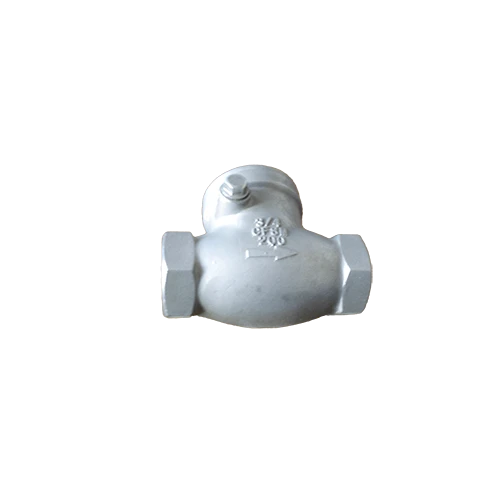Mobile:+86-311-808-126-83
Email:info@ydcastings.com
impeller brass
Exploring Brass Impellers The Perfect Choice for Fluid Dynamics
When it comes to fluid dynamics, the choice of materials impacts not only the efficiency but also the longevity of various components. One such crucial component is the impeller, and among the materials used to fabricate impellers, brass has emerged as a favorable option. Understanding the properties, advantages, and applications of brass impellers can shed light on why this material is often preferred in various industries.
Exploring Brass Impellers The Perfect Choice for Fluid Dynamics
One of the most significant advantages of brass impellers is their enhanced performance in hydraulic systems. Due to brass's favorable density and strength, impellers made from this alloy can operate effectively at high speeds, leading to increased fluid flow and overall system efficiency. In applications requiring precise fluid movement, such as pumps and compressors, the reliability of brass impellers can significantly reduce operational costs by minimizing maintenance needs and downtime.
impeller brass

Brass impellers also exhibit remarkable versatility. They can be found in various industries, including marine, automotive, aerospace, and construction. In marine applications, for instance, brass impellers are often used in propellers and pumps due to their resistance to saltwater corrosion. Similarly, in the automotive sector, brass impellers play a vital role in cooling systems, ensuring optimal engine performance.
Manufacturers appreciate the ease of fabrication that brass offers. The alloy can be easily cast, machined, and formed into different shapes, allowing for customized designs tailored to specific performance requirements. Whether it’s a centrifugal impeller for a pump or a propeller for a boat, brass can be molded to meet various demands without compromising on quality.
However, while brass impellers have numerous advantages, it’s essential to consider the operating conditions. High temperatures can affect the strength and structural integrity of brass, leading to potential failure in extreme environments. In such cases, engineers often assess whether materials like stainless steel or other specialized alloys might be better suited for the application. Still, for many standard applications, brass remains a top choice due to its exceptional balance of factors.
In conclusion, brass impellers are a prime example of how material selection can enhance the functionality of mechanical components in fluid dynamics. With their robust properties, resistance to corrosion, and versatility across various industries, brass impellers offer an excellent solution for numerous applications. As technology evolves and demands for efficient fluid management increase, brass impellers will likely continue to play a significant role in ensuring reliable performance in diverse systems.
-
Why Should You Invest in Superior Pump Castings for Your Equipment?NewsJun.09,2025
-
Unlock Performance Potential with Stainless Impellers and Aluminum End CapsNewsJun.09,2025
-
Revolutionize Your Machinery with Superior Cast Iron and Aluminum ComponentsNewsJun.09,2025
-
Revolutionize Fluid Dynamics with Premium Pump ComponentsNewsJun.09,2025
-
Optimizing Industrial Systems with Essential Valve ComponentsNewsJun.09,2025
-
Elevate Grid Efficiency with High-Precision Power CastingsNewsJun.09,2025











